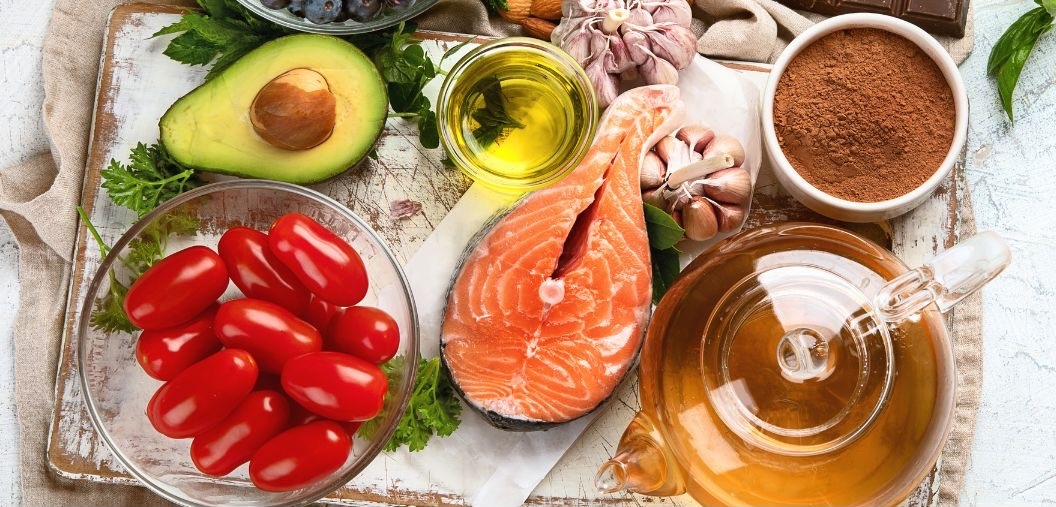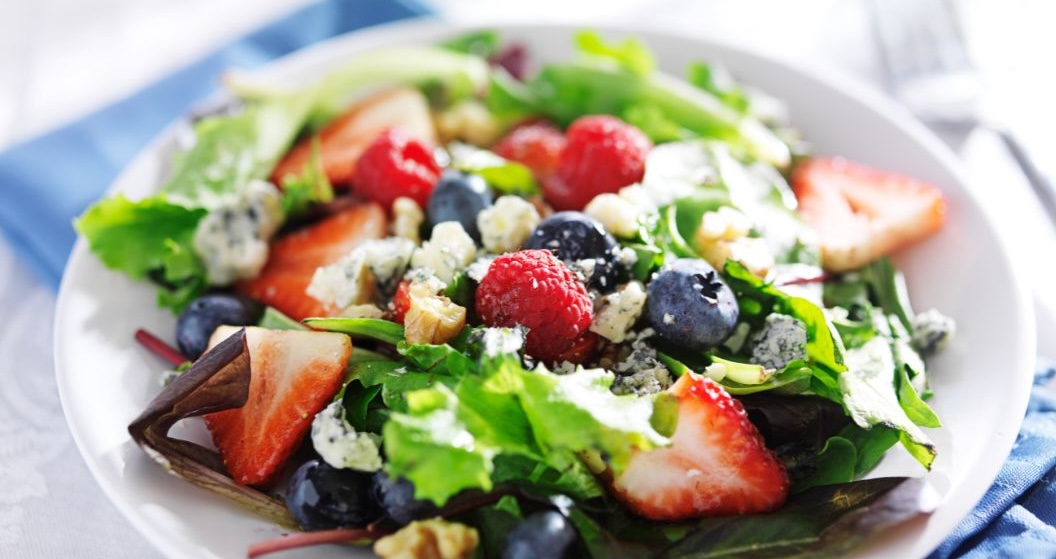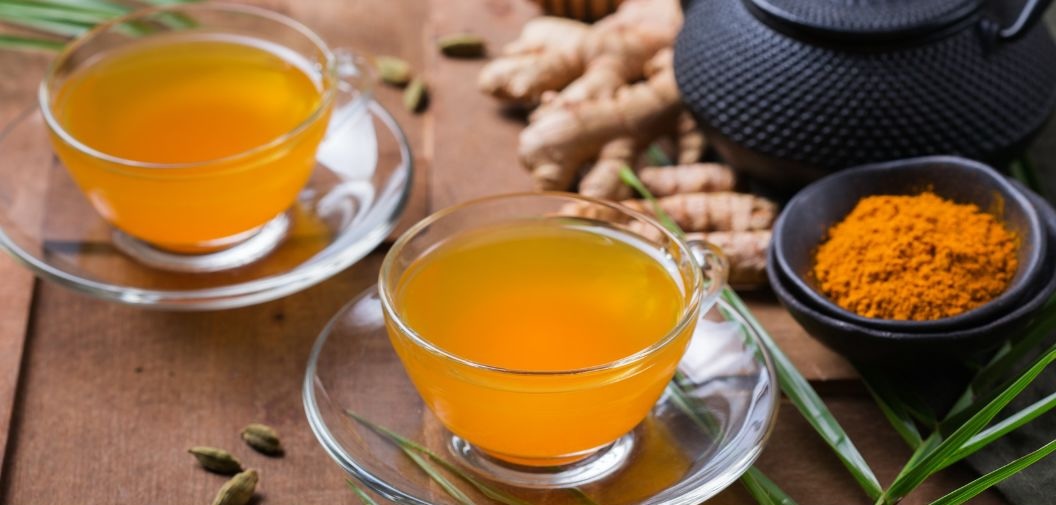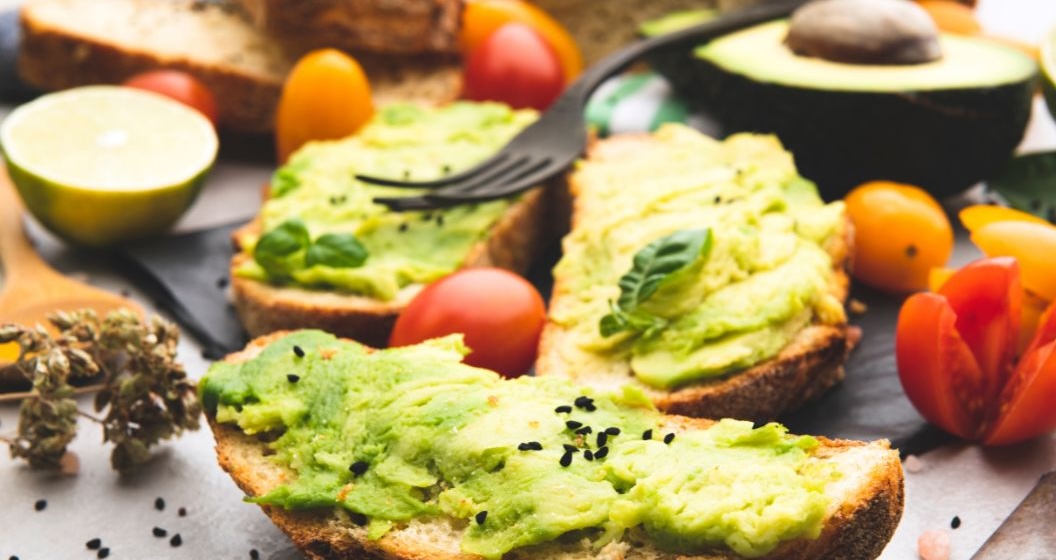
Have you ever looked in the mirror and thought, "Whoa, when did my legs get so puffy?" or Feeling like your belly's about to burst after a meal? We've all been there!
Yeah, it’s like your body’s playing tricks on you!
As we hit our mid-30s and beyond, our bodies go through all kinds of changes—from hormonal shifts to a slower metabolism. These changes can sometimes lead to pesky chronic inflammation. But here’s the good news: what you eat can make a huge difference. An anti-inflammatory diet could be just the thing you need to keep your body feeling its best and manage those sneaky inflammation issues.
What is Inflammation?
Think of inflammation like your body’s emergency alarm system. When you get a cut or catch a cold, inflammation is your body's way of jumping into action to heal and protect you. It’s like calling the fire department to put out a blaze. But if the alarm keeps ringing for no good reason—like a false alarm—it can cause more damage than good. That’s what happens with chronic inflammation.
For women over 35, this persistent “alarm” can put us at higher risk for some serious health issues like heart disease, rheumatoid arthritis, and inflammatory bowel disease. That’s why it’s so important to make some smart lifestyle changes, especially with what we eat. By focusing on an anti-inflammatory diet, we can help turn down the volume on that alarm and keep our health in check.
What is an Anti-Inflammatory Diet?
An anti-inflammatory diet is all about eating foods that help cool down that pesky inflammation in your body. Think of it as choosing a menu filled with whole, fresh foods like fruits, veggies, healthy fats, and whole grains. Basically, you’re picking foods that are packed with nutrients and have those soothing anti-inflammatory vibes. Two popular diets that fit this bill are the Mediterranean diet and the DASH diet.
So, what's the difference between these two?
The Mediterranean diet is like a sunshine-filled feast with lots of olive oil, fatty fish (like salmon), whole grains, and dark leafy greens. It’s famous for helping keep your heart healthy, managing blood sugar levels, and dialing down inflammation markers that could lead to bigger health issues.
On the flip side, the DASH diet (which stands for Dietary Approaches to Stop Hypertension) also focuses on whole grains, fruits, veggies, and low-fat dairy. It’s great for boosting heart health and keeping inflammation in check, just like the Mediterranean diet. The main difference? DASH has a bit more emphasis on reducing high blood pressure, while Mediterranean is more about the overall heart-healthy benefits.
Why Is It Important for Women Over 35?
As women over 35, we often deal with hormonal shifts and a slower metabolism, which can make us more susceptible to chronic inflammation. When combined with less-than-ideal food choices, this can lead to an increase in inflammatory cells in the body.
Chronic inflammation is linked to various health concerns, including heart disease, chronic kidney disease, and autoimmune disorders. Keeping these factors in mind can help guide your choices towards maintaining overall health and managing inflammation effectively.
The Benefits of an Anti-Inflammatory Diet
-
Reduces the Risk of Chronic Diseases: Following an anti-inflammatory meal plan can help decrease the risk of chronic diseases like heart disease, inflammatory bowel disease, and autoimmune diseases. Whole grains, fatty fish, and fruits like berries have potent anti-inflammatory effects that protect the body against inflammation.
-
Promotes a Healthy Heart: Foods like fatty fish, which are rich in omega-3 fatty acids, along with healthy fats such as olive oil, have been proven to lower cholesterol levels, reduce high blood pressure, and protect against cardiovascular disease.
-
Improves Joint Health: Inflammatory conditions like rheumatoid arthritis are common among women over 35. Incorporating anti-inflammatory foods, particularly those with omega-3 fatty acids, can help ease joint pain and inflammation, promoting better mobility and overall health.
-
Supports Weight Loss: Many anti-inflammatory foods, such as whole grains, fruits, and vegetables, are low in g carbohydrates and high in g fiber. This combination helps regulate blood sugars, prevent insulin spikes, and support weight loss.
-
Boosts Immunity: An anti-inflammatory diet helps the body fight off foreign invaders more efficiently by supporting the immune system’s response. Antioxidant-rich foods, like berries, contain vital nutrients that protect the body against oxidative stress.
-
Supports Long-Term Health: By reducing chronic inflammation, women over 35 can enjoy improved energy, fewer joint pains, and reduced risks of serious conditions like chronic kidney disease or chronic heart disease. This diet promotes long-term health and overall well-being.
Anti-Inflammatory Foods to Include:
1. Fruits and Vegetables
These foods are rich in vitamin C and antioxidants that help reduce oxidative stress:
- Berries: Blueberries, strawberries, raspberries, and blackberries are rich in antioxidants like anthocyanins and vitamin C.
- Citrus Fruits: Oranges, lemons, and grapefruits provide vitamin C and antioxidants.
- Dark Leafy Greens: Spinach, kale, and Swiss chard are high in vitamins A, C, and K.
- Cruciferous Vegetables: Broccoli, Brussels sprouts, cabbage, and cauliflower contain compounds that support anti-inflammatory processes.
- Sweet Potatoes: High in beta-carotene and fiber, which help reduce inflammation.
- Beets: Rich in betalains, which have anti-inflammatory and antioxidant properties.
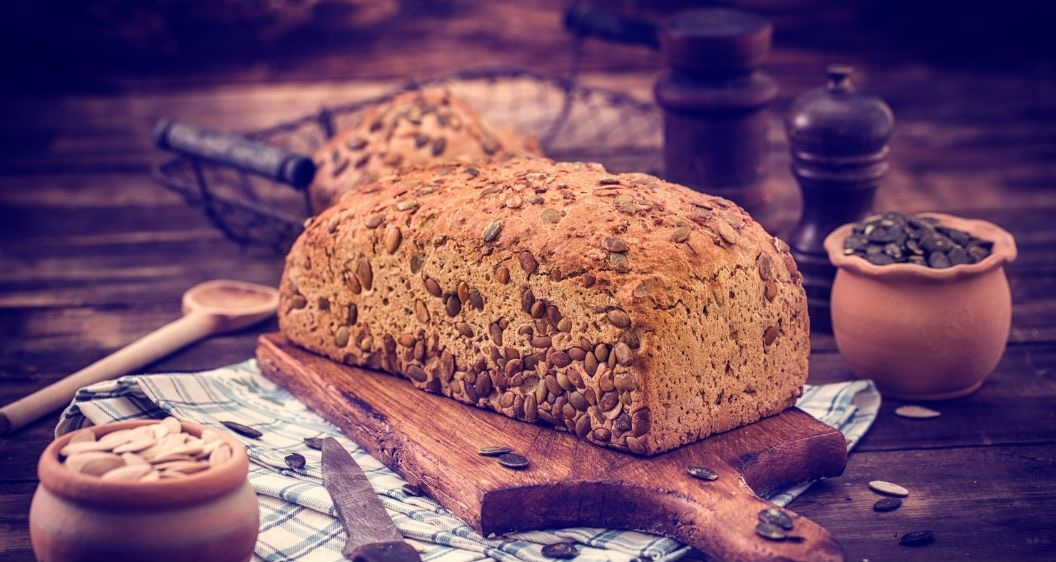
2. Whole Grains
Whole grains have a lower glycemic index and are high in fiber, which helps reduce inflammation:
- Oats: Contain beta-glucan, which has anti-inflammatory effects.
- Quinoa: A complete protein that is high in fiber and antioxidants.
- Brown Rice: Offers fiber and nutrients that help manage inflammation.
- Barley: Rich in fiber and antioxidants that support lower inflammation.
- Farro: An ancient grain with high fiber content and antioxidants.
- Whole Grain Bread: beneficial for an anti-inflammatory diet due to its high fiber content, low glycemic index, and rich nutrient profile.
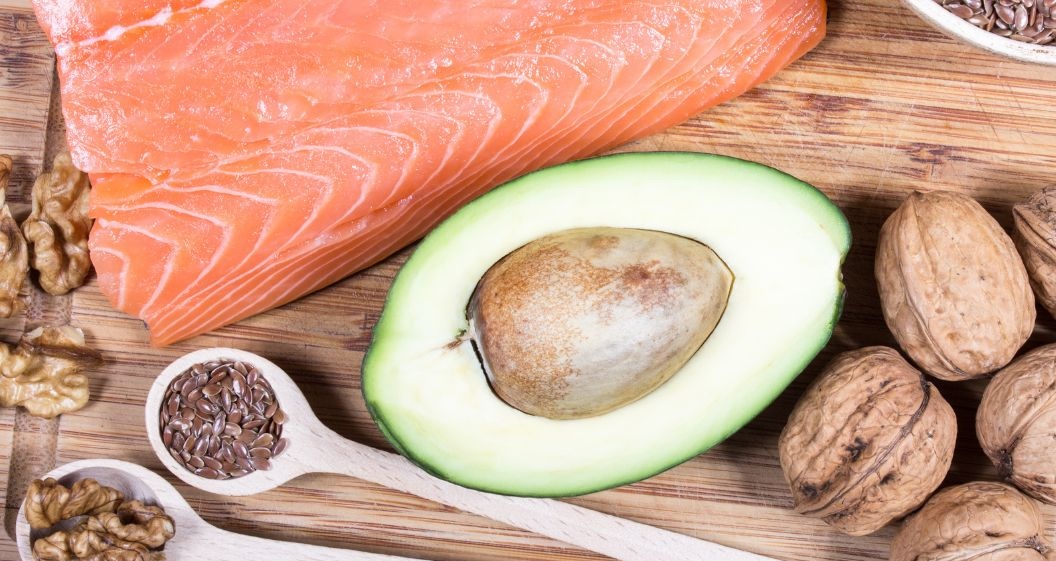
3. Healthy Fats
Healthy fats, such as those found in fatty fish, nuts, and seeds, contain omega-3 fatty acids that lower inflammation:
- Fatty Fish: Salmon, sardines, mackerel, and anchovies are rich in omega-3 fatty acids.
- Olive Oil: Extra virgin olive oil contains oleic acid and polyphenols with anti-inflammatory properties.
- Avocados: Provide monounsaturated fats and antioxidants.
- Nuts: Almonds, walnuts, and pistachios offer healthy fats and antioxidants.
- Seeds: Chia seeds, flaxseeds, and hemp seeds are high in omega-3 fatty acids.
4. Herbs and Spices
Spices like turmeric and ginger are known for their powerful anti-inflammatory properties:
- Turmeric: Contains curcumin, known for its powerful anti-inflammatory effects. (with black pepper for better absorption)
- Ginger: Contains gingerol, which has anti-inflammatory and antioxidant properties.
- Garlic: Provides allicin, which has been shown to reduce inflammation.
- Cinnamon: Contains polyphenols with anti-inflammatory effects.
- Rosemary: Contains rosmarinic acid, which has anti-inflammatory properties.
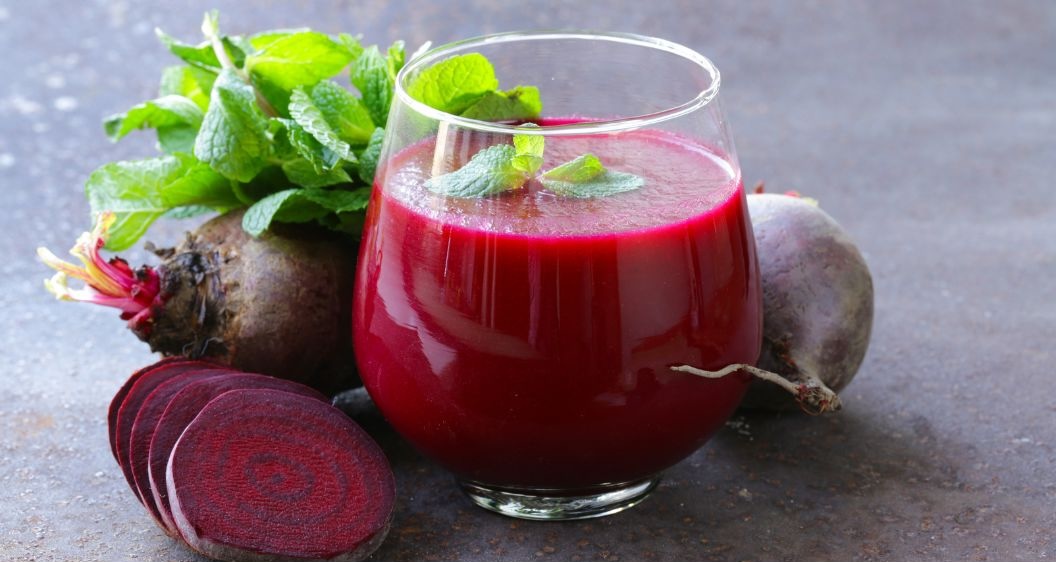
5. Beverages
Some drinks also provide anti-inflammatory benefits:
- Green Tea: Rich in catechins, which have anti-inflammatory effects.
- Herbal Teas: Ginger tea and turmeric tea offer additional anti-inflammatory benefits.
- Beet Juice: Contains betalains, which help reduce inflammation.
- Pomegranate Juice: High in antioxidants and anti-inflammatory compounds.
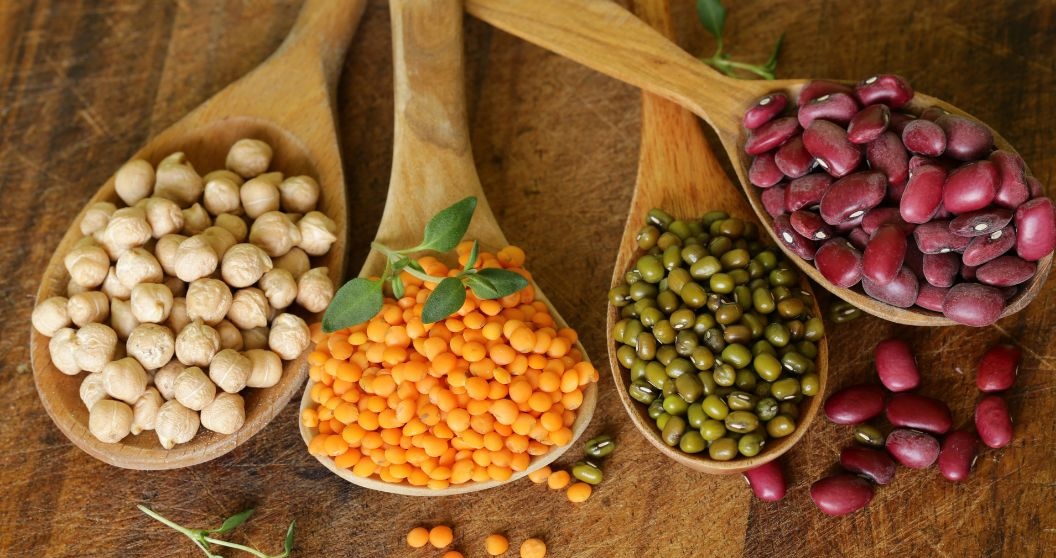
5. Additional Anti-Inflammatory Foods
- Legumes: Lentils, chickpeas, and black beans are high in fiber and antioxidants.
- Seaweed: Contains antioxidants and omega-3 fatty acids.
- Dark Chocolate: High in flavonoids, which have anti-inflammatory properties.
- Mushrooms: Shiitake, maitake, and reishi mushrooms contain compounds that support the immune system and reduce inflammation.
Grab your free anti-inflammatory foods FULL list PDF to guide your next grocery store trip below!
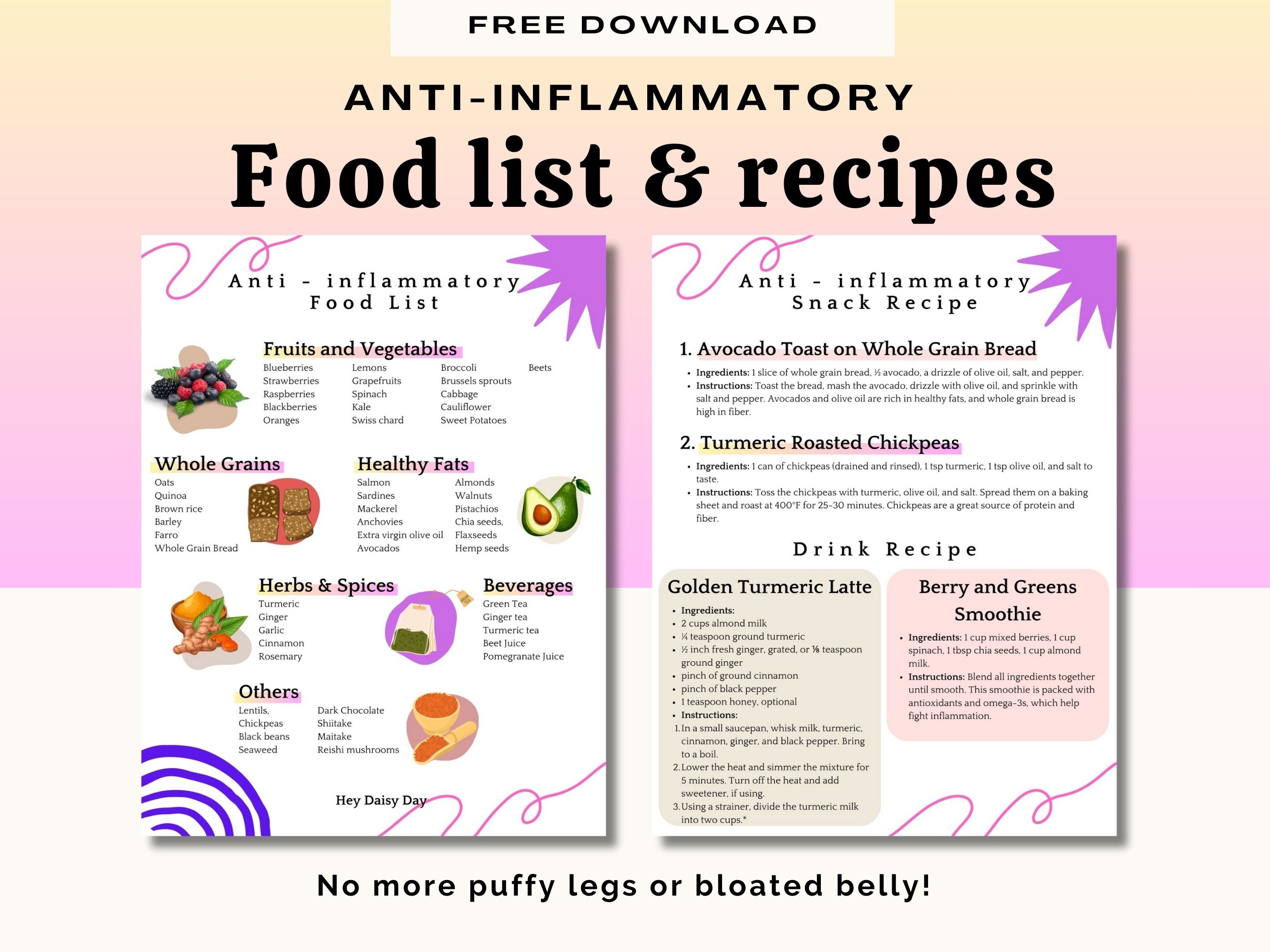
Foods to Avoid
Certain foods can trigger or worsen inflammation in the body, leading to various health issues. It's important to limit or avoid these foods to manage inflammation effectively:
-
Processed Meats: Items like bacon and sausage contain high levels of preservatives and unhealthy fats, which can promote inflammation and are linked to chronic diseases.
-
Red Meat: Frequent consumption of red meat can increase inflammatory markers and is associated with a higher risk of chronic conditions such as heart disease and certain cancers.
-
Refined Carbohydrates: Foods such as white bread and pastries made from white flour have a high glycemic index, leading to rapid spikes in blood sugar levels and promoting inflammation.
-
Fried and Fast Foods: These foods are often high in trans fats and unhealthy oils, which can exacerbate inflammation and contribute to cardiovascular disease.
-
Sugary Snacks and Drinks: High sugar intake can lead to increased levels of inflammatory markers and contribute to insulin resistance and metabolic syndrome.
-
Excessive Alcohol Consumption: Overconsumption of alcohol can cause oxidative stress and inflammation, affecting the liver and increasing the risk of chronic diseases.
Avoiding or limiting these foods can help reduce inflammation, support overall health, and decrease the risk of chronic diseases.
Anti-Inflammatory Snack Ideas
1. Avocado Toast on Whole Grain Bread
- Ingredients: 1 slice of whole grain bread, ½ avocado, a drizzle of olive oil, salt, and pepper.
- Instructions: Toast the bread, mash the avocado, drizzle with olive oil, and sprinkle with salt and pepper. Avocados and olive oil are rich in healthy fats, and whole grain bread is high in fiber.
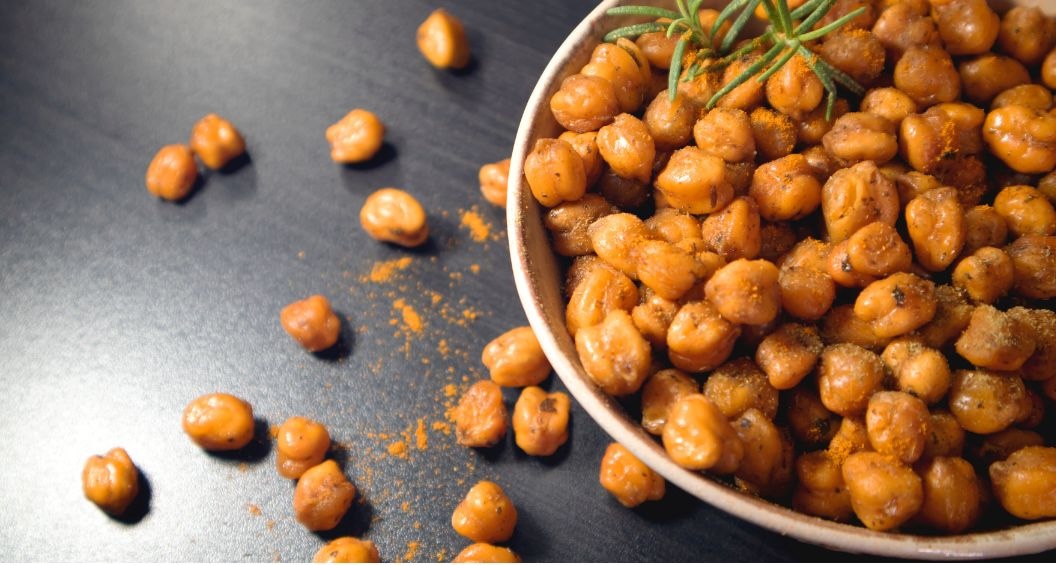
2. Turmeric Roasted Chickpeas
- Ingredients: 1 can of chickpeas (drained and rinsed), 1 tsp turmeric, 1 tsp olive oil, and salt to taste.
- Instructions: Toss the chickpeas with turmeric, olive oil, and salt. Spread them on a baking sheet and roast at 400°F for 25-30 minutes. Chickpeas are a great source of protein and fiber.
Anti-Inflammatory Drink Recipes
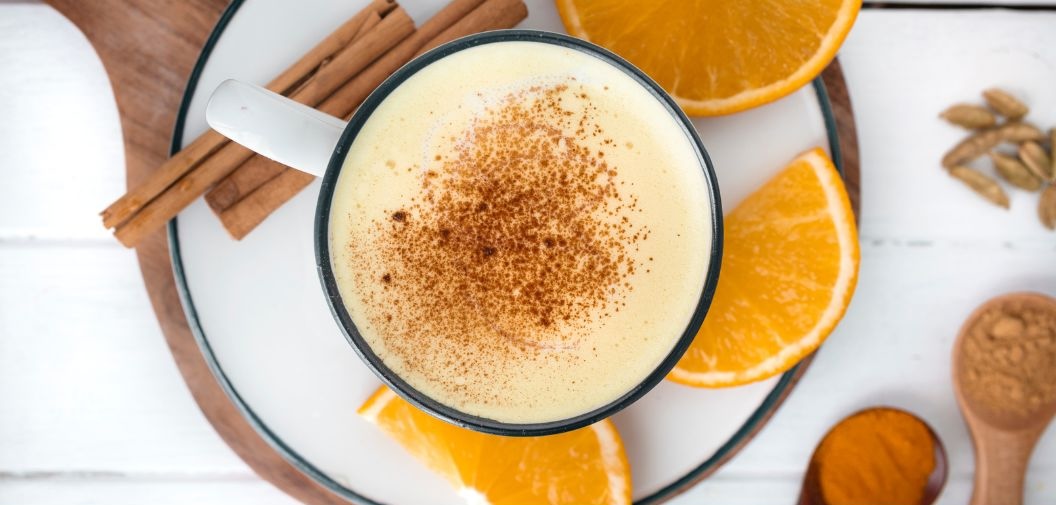
1. Golden Turmeric Latte
Ingredients:
- 2 cups almond milk
- ¼ teaspoon ground turmeric
- ½ inch fresh ginger, grated, or ⅛ teaspoon ground ginger
- pinch of ground cinnamon
- pinch of black pepper
- 1 teaspoon honey, optional
Instructions:
-
In a small saucepan, whisk milk, turmeric, cinnamon, ginger, and black pepper. Bring to a boil.
-
Lower the heat and simmer the mixture for 5 minutes. Turn off the heat and add sweetener, if using.
-
Using a strainer, divide the turmeric milk into two cups.*
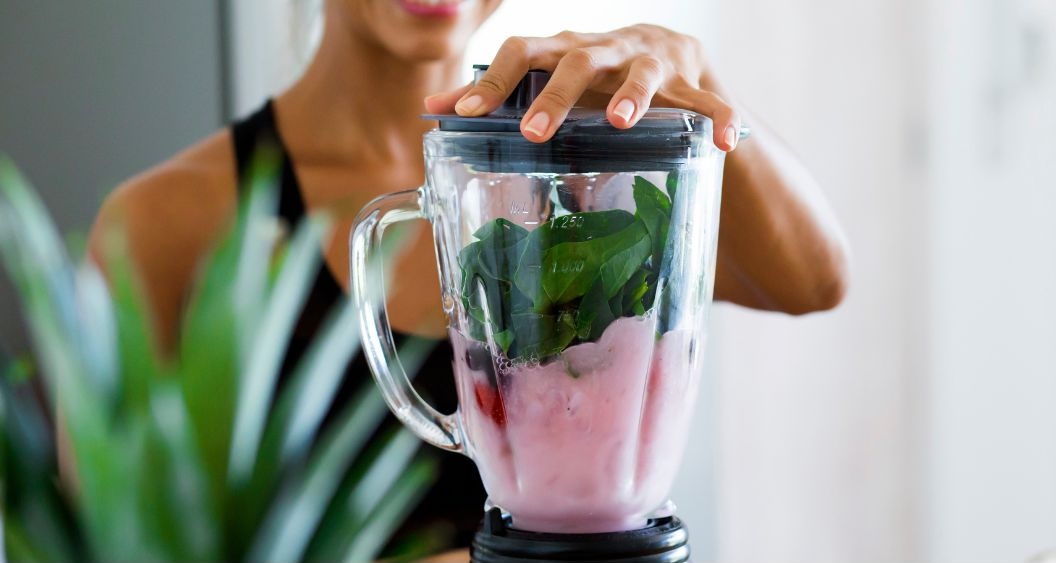
2. Berry and Greens Smoothie
- Ingredients: 1 cup mixed berries, 1 cup spinach, 1 tbsp chia seeds, 1 cup almond milk.
- Instructions: Blend all ingredients together until smooth. This smoothie is packed with antioxidants and omega-3s, which help fight inflammation.
Meal-Prep Tip
A great meal-prep tip is to roast a large batch of vegetables on the weekend. Choose anti-inflammatory foods like sweet potatoes, carrots, and Brussels sprouts. Drizzle with olive oil and roast at 400°F for 20-25 minutes. These vegetables can be stored and used throughout the week as sides or added to salads.
Final Thoughts
For women over 35, chronic inflammation is a growing concern. The good news is that making simple lifestyle changes—like following an anti-inflammatory diet—can profoundly affect overall health. By avoiding foods that trigger inflammation, like red meat, white bread, and excessive alcohol consumption, and focusing on whole foods, healthy fats, and nutrient-dense foods, women can enjoy better energy, reduced pain, and protection against chronic diseases.
Ready to get started? Download your free anti-inflammatory foods list PDF to guide your next grocery store trip. Remember, this is just the first step towards better health, but it’s a good thing to take control of your diet and embrace a healthy lifestyle.
[Sources and Research]
- Journal of Nutrition: Studies highlight the anti-inflammatory effects of various fruits, vegetables, and whole grains.
- American Journal of Clinical Nutrition: Research shows the benefits of healthy fats and spices in reducing inflammation.
- Harvard T.H. Chan School of Public Health: Provides guidelines on including anti-inflammatory foods in the diet.
- Development and Validation of Novel Dietary and Lifestyle Inflammation Scores: Focuses on dietary patterns and specific foods that impact inflammation.
- Books and Resources: Works by experts like Dr. Frank Hu emphasize the role of certain herbs, spices, and foods in managing inflammation.
- Mayo Clinic: Offers practical recommendations for incorporating anti-inflammatory foods into your diet.

